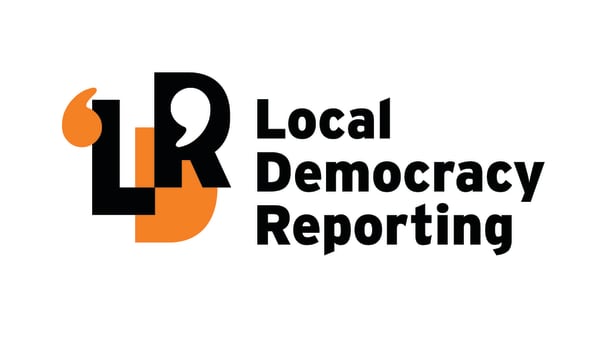 A review into how rates are applied to Māori freehold land is under way at Gisborne District Council, with policy changes set to be included in the next
A review into how rates are applied to Māori freehold land is under way at Gisborne District Council, with policy changes set to be included in the next
long-term plan.
It comes on the back of amendments to the Local Government Rating Act which in April 2021 gave the council an opportunity to reassess its rating policies in relation to the land.
Independent consultant Daran Ponter spoke to councillors last week about the findings of a report he had prepared.
“Some of the issues we deal with in this paper are really at the heart of your connection to the community because ultimately, you’re taking money off people and you have extreme powers in relation to how you do that,” Mr Ponter said.
“There’s a significant seriousness to the issue of rating and income generation for the council.”
His report recommended the council align to new legislative provisions, including for non-rateable land, and clarify its approach to several legislative provisions.
It also recommended removing redundant rate remission (cancellation) policies and streamlining a “customer friendly” approach to rate remissions policy for Māori freehold land.
Maintaining a “degree of empathy and understanding” was important when imposing rates on the community, he said, while also complimenting the council on the work it had already done.
“You’ve proactively grappled with rating of Māori land over the last 10-15 years. Significantly, you have informed the government in relation to the policies it brought down in 2021.
“Quite a few of those were informed by policies Gisborne District Council already had in place, and are now applied across Aotearoa.”
Gisborne District Council receives around 35 percent of its income from rates, or about $62 million per year.
Around 20-30 percent of the district is classified as whenua Māori land.
The council had carried out a strategic review of Māori freehold land in 2014 but since then, key changes for rating that land had come about as a result of the Local Government (Rating of Whenua Māori) Amendment Act 2021 being incorporated into the Local Government (Rating) Act 2002.
The latter gave the council the ability to support the use and development of Māori freehold land in a number of ways.
Those included giving the chief executive the power to remove rate arrears, making most Māori freehold land non-rateable and providing a statutory rates remission process for Māori land under-development.
Mr Ponter also talked about recent legislative changes putting an official end to preventing a “heinous” government policy of forcing the sale of Māori freehold land blocks over rate arrears.
It had been a cause of significant angst for hapū, iwi and whānau over the years because of the amount of land that had been taken as forced sales, he said.
“(This) puts beyond doubt that those parcels of land, of which there are a few in the Gisborne district, can’t have forced sales either.”
Gisborne councillors are set to meet with Ponter in a workshop next month to discuss updating the council’s Māori freehold land rate remission policies for the 2024-2034 long-term plan.











0 comment
JOIN THE CONVERSATION
Read and post comments with a
Newsroom Pro subscription.
Subscribe now to start a free
28-day trial.